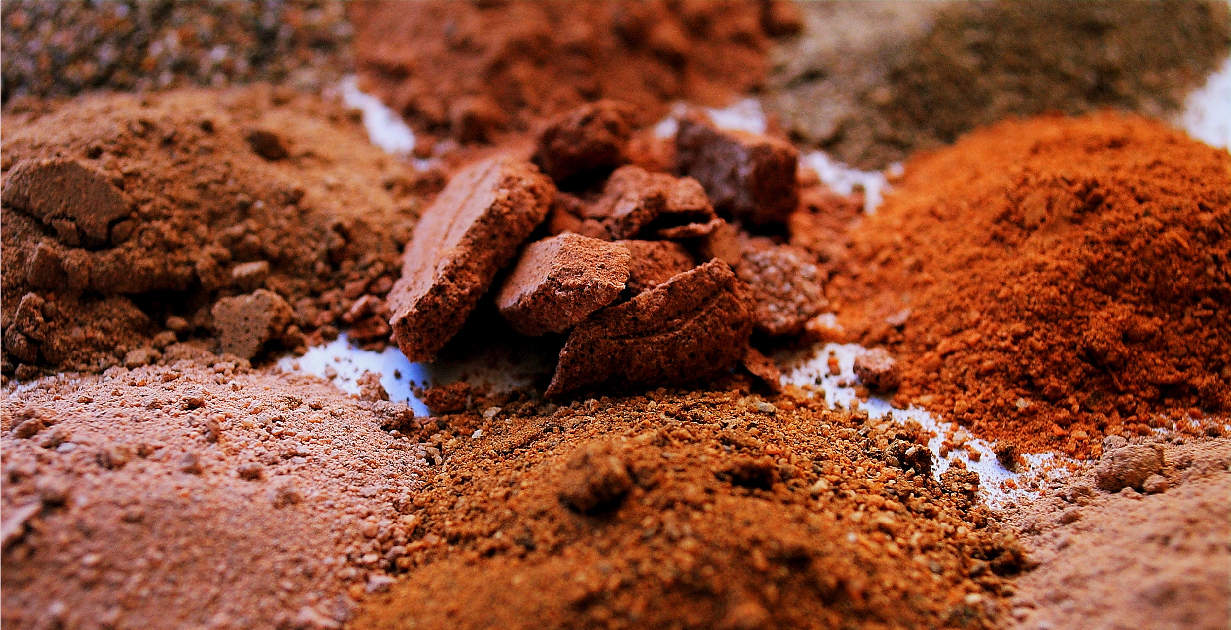Germs and bacteria are present everywhere, but our naked eye fails to see these pathogens surrounding us. And unknowingly when we touch them, we easily fall prey to these microorganisms residing on the surface of the hands when we touch our face or put the hands in the mouth without washing them. Most healthcare organizations and specialists emphasize upon the importance of keeping the hands germ-free, either by using soap and water or hand sanitisers.
Amidst the panic over the soaring number of COVID-19 infections, people are getting haywire over keeping themselves safe from this deadly virus. Both the WHO and CDC guides us that the only way to protect ourselves from this extremely contagious virus is through the use of face masks and ensuring proper hand washing or sanitising habits. While the sanitiser is a compact option which is easy to carry and can be used anywhere when there is no bathroom or availability of water nearby, nothing beats the efficacy of the age-old soap and water technique.
Unlike hand sanitisers, cleaning hands using a hand wash or soap is still considered much more effective in many ways since it not only removes microorganisms and disease-causing pathogens but also gets rid of dust and grime particles. Apart from other pathogens, the new coronavirus is encompassed within a layer of fat, or a lipid envelope, which when washed with soap and water can break apart easily, reducing the risk of getting infected.
Table of Contents
How To Effectively Wash Hands?
Step 1: Rinse both your hands under running water.
Step 2: Pour some liquid hand wash or rub the soap onto your palms.
Step 3: Rub both your palms properly to work up a lather.
Step 4: Ensure that the lather reaches the extremities of the fingers, places in between the fingers, wrist etc.
Step 5: Keep doing this for 20 seconds.
Step 6: Wash the hands properly under running water to clear any leftover soap residue.
Step 7: Dry your hands using a towel.
Note: If you use a public toilet, make sure to open and close the tap and touch the door knobs or handles of the washroom using a dry tissue paper to avoid any further contamination.
When Should One Opt For Washing Hands?
Washing hands is not an option. A good hand hygiene habit emphasizes the need of washing hands frequently to ensure that one is safe from any transfer of microorganisms or spread of infection. Hence, it is extremely essential to wash hands every now and then whenever you touch a surface in a public area or the ones which are touched by many people. These surfaces include:
- Tables in the workspace or dining area
- Switches
- Touchscreen of an electronic device
- Railings
- Door Knobs/ Handles
- Cash Register
- Handles inside local transports
- Dustbin
- Shopping trolleys or baskets
Apart from this one must always keep in mind to wash hands before or after eating or serving food.
Benefits Of Washing Hands
The various benefits of hand washing include:
Prevents Gastrointestinal Infections
Maximum food-borne illness is due to diarrhoea which indirectly happens due to poor hand washing. Therefore, it is extremely essential to wash hands before eating to avoid food-borne infections.
Averts Nosocomial Infections
Although hospitals and doctors save lives, it is also one of the places where contraction of an infection is easier. Hence, it is pivotal for doctors, nurses and other hospital workers to wash hands frequently to ensure their own safety.
Avoid Respiratory Tract Infections

Viruses that cause respiratory tract infections like pneumonia, SARS, Covid etc, can also get transmitted through the touch of contaminated hands. A thorough washing of hands using soap and water kills the germs and averts the risk of transmission.
Reduction Of Bacterial Infections
Throughout the day, we touch our eyes, nose and mouth multiple times which gives an easy passage for the entry of bacteria or germs causing a number of ENT anomalies. Washing hands thoroughly reduces the risk of getting contaminated through these infections causing bacteria.
Ensures A Disease-Free Life
Be it rich or poor, practicing good hygiene habits is beneficial for all. Frequent hand washing kills lingering pathogens or germs that stay on the hands ensuring a better life free of different types of infections.





